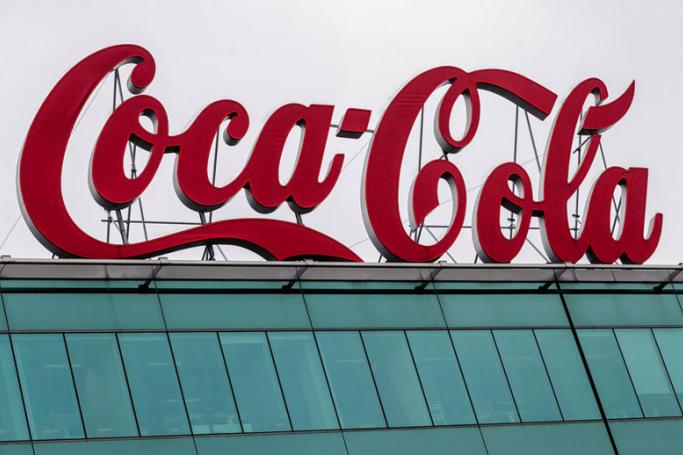Myanmar’s ruling junta is having a tough time of keeping foreign investors engaged in Myanmar given the ongoing crisis now into its sixth month.
Major global companies and organisations are distancing themselves from the junta or pulling out altogether. In early July the Norwegian state telecom firm Telenor quit its Myanmar business, noting the coup had severely restricted its mobile business, leading to a loss of 6.5 billion kroner, and blaming the difficulties of operating under the military junta, marking the departure of one of the biggest foreign investors in Myanmar. Telenor, however, sparked controversy when it was found that it had sold its local operations to a Lebanese investment firm, M1 Group.
Other foreign operations are poised on the fence. Coca-Cola, the World Bank, and McKinsey told the BBC they have moved out or are reviewing their leases at the Sule Square complex in Yangon which is built on land owned by the military. The World Bank froze its US$2.73 billion loans to Myanmar on 19 February this year, and the Asian Development Bank followed suit on 10 March putting on hold its US$3.57 billion loans, both powerfully signalling their displeasure, Business Times reports.
Given the potential for a major exodus, the junta has called on the Myanmar Investment Commission to attract new foreign investors. However, the commission faces a challenge as about 80 civil servants reportedly went on strike and were fired in April.
Some foreign investors may attempt to take legal action for compensation, particularly in the mining and energy industries that are facing logistical challenges, with some suspending their operations.
Some of these companies have instructed local employees not to travel to their workplace or they have been unable to do so for fear of being harmed or arrested. Business activity is being hampered as much of the unrest has occurred in Yangon, Myanmar's main commercial port, thus delaying supplies and exports. Frequent Internet and telecommunication blackouts are affecting business nationwide, Business Times reports.
Foreign investors are protected under the MIL and the MIR. First, they are protected against direct and indirect expropriations, such as seizure or transfer of property that deprive the investor of the benefit of ownership of the investment. The laws and rules forbid expropriations unless they serve a public purpose, are non-discriminatory, and are done by the payment of prompt, fair and adequate compensation. The MIL defines fair compensation as the "market value" of the investment but also considers the public interest and profitability of the investment.
The second protection is the fair and equitable treatment (FET) of investors, which guarantees investors the right to obtain information about decisions that impact them, as well as the right to due process and appeal against government measures, including changes to terms of government-granted investment licences or permits. During the coup, by all accounts, investors were not given FET treatment.
The third protection is the "non-discriminatory treatment" of foreign investors as compared to Burmese nationals (who are accorded preferential national treatment anyway). It is possible that these protections were not properly extended to all foreign investors. The fourth protection is the right to
freely transfer funds from investment activities, subject to certain conditions, the Business Times reports.












